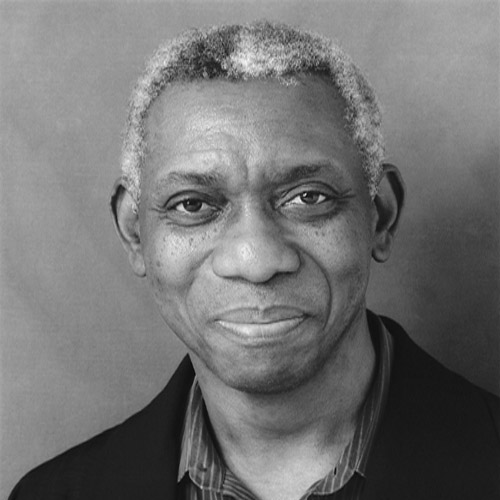I love how it swells
into a temple where it is
held prisoner, where the god
of blame resides. I love
slopes & peaks, the secret
paths that make me selfish.
I love my crooked feet
shaped by vanity & work
shoes made to outlast
belief. The hardness
coupling milk it can't
fashion. I love the lips,
salt & honeycomb on the tongue.
The hair holding off rain
& snow. The white moons
on my fingernails. I love
how everything begs
blood into song & prayer
inside an egg. A ghost
hums through my bones
like Pan's midnight flute
shaping internal laws
beside a troubled river.
I love this body
made to weather the storm
in the brain, raised
out of the deep smell
of fish & water hyacinth,
out of rapture & the first
regret. I love my big hands.
I love it clear down to the soft
quick motor of each breath,
the liver's ten kinds of desire
& the kidney's lust for sugar.
This skin, this sac of dung
& joy, this spleen floating
like a compass needle inside
nighttime, always divining
West Africa's dusty horizon.
I love the birthmark
posed like a fighting cock
on my right shoulder blade.
I love this body, this
solo & ragtime jubilee
behind the left nipple,
because I know I was born
to wear out at least
one hundred angels.
Published:
2001
Length:
Regular
Literary Movements:
Surrealism
Anthology Years:
2021
Themes:
Body & Body Image
Literary Devices:
Allusion
an expression designed to call something to mind without mentioning it explicitly; an indirect or passing reference
Anaphora
a figure of speech in which words repeat at the beginning of successive clauses, phrases, or sentences
Metaphor
a comparison between two unrelated things through a shared characteristic

